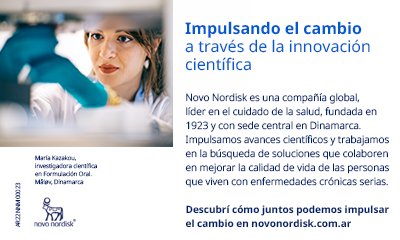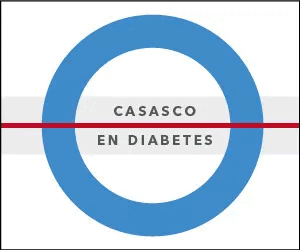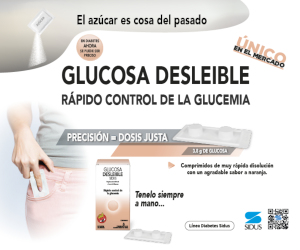P43 Family functionality and type 1 diabetes
DOI:
https://doi.org/10.47196/diab.v54i3Sup.429Keywords:
family functionality, type 1 diabetesAbstract
Introduction: Diabetes concerns family, given that the changes in the lifestyle of the diagnosed person demand family support, accompaniment in decision making, and abilities and skills for the adequate management of the disease. The Family APGAR questionnaire is useful in identifying families at-risk and it reflects the patient’s perception on the functional state of the family.
Objectives: Evaluating family functionality through the FAMILY APGAR and its relationship with metabolic control and quality of life in people with type 1 diabetes.
Materials and methods: People with type 1 diabetes and between 16 and 65 years old assisted by diabetologists in private practices and hospital services in Corrientes, Argentina. Validated and self-administered Family APGAR questionnaire, with 5 questions in a Likert-like scale from 0 to 4. The Diabetes-Specific Quality of Life Scale (DSQOLS). Glycated hemoglobin from the last year. Statistical analysis: Measures of positions and dispersion. Chi-Squared Test. The Pearson’s linear correlation coefficient and the Spearman’s correlation coefficient. The Cronbach's coefficient alpha and the intraclass correlation coefficient.
Results: A total of 199 people with type 1 diabetes were evaluated. Age 31.7 ±11.5 years old. Women: 67 (56.3%). A 33.6% of the patients were unemployed. Average HbA1C 8.8±11.9 %. The internal consistency of the Family APGAR showed a Cronbach's coefficient alpha of 0.93, with an intraclass correlation coefficient of 0.75 (IC 95%: 0.67- 0.81). Once evaluated the Family APGAR, 24 patients (20%) have slight family dysfunctionality, 7 (6%) a moderated family dysfunctionality and a 16% a severe family dysfunctionality. Family functionality positively and statistically correlated, in a meaningful manner, to the life scale that has to do with emotions and concerns (r 0.2) p< 0.05.
Conclusion: This population has a poor metabolic control with affectation in a 42% of family functionality and life quality affected in the emotional and concerns sphere. Family APGAR showed a highly good internal consistency in the validation process, which transforms it into an instrument of potential interest in the epidemiological evaluation of patients with these characteristics. It is necessary to evaluate this aspect in order to pose strategies to approach mental and family health to improve metabolic control and life quality in people with type 1 diabetes.
Downloads
Published
How to Cite
Issue
Section
License

This work is licensed under a Creative Commons Attribution-NonCommercial-NoDerivatives 4.0 International License.
Dirección Nacional de Derecho de Autor, Exp. N° 5.333.129. Instituto Nacional de la Propiedad Industrial, Marca «Revista de la Sociedad Argentina de Diabetes - Asociación Civil» N° de concesión 2.605.405 y N° de disposición 1.404/13.
La Revista de la SAD está licenciada bajo Licencia Creative Commons Atribución – No Comercial – Sin Obra Derivada 4.0 Internacional.
Por otra parte, la Revista SAD permite que los autores mantengan los derechos de autor sin restricciones.







































